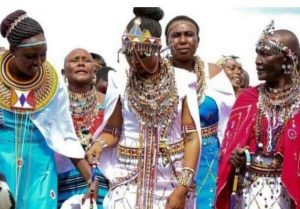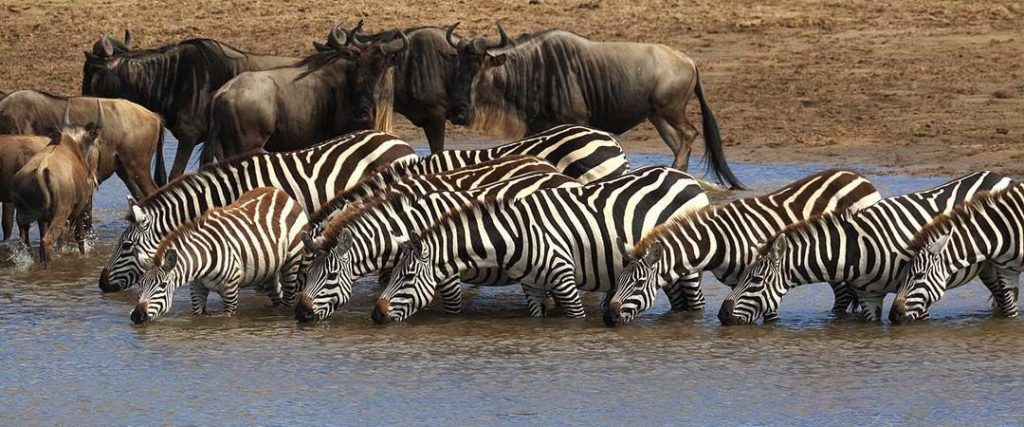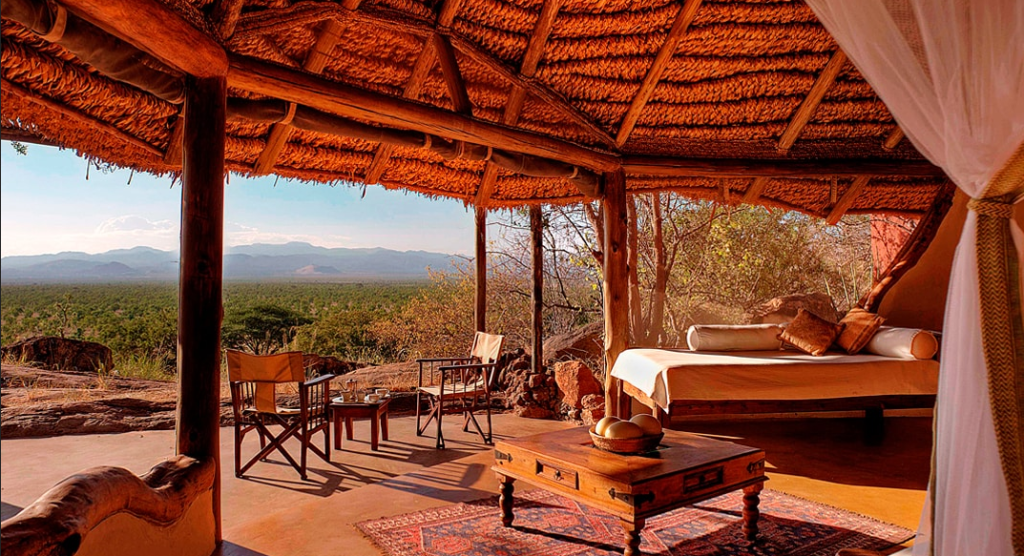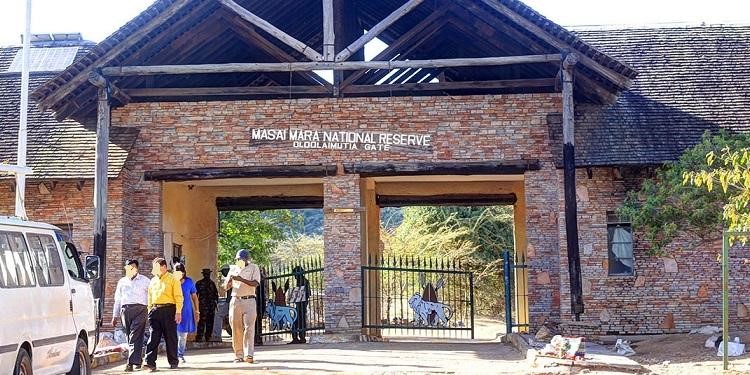Marriage is a powerful societal institution that binds individuals and shapes a region’s cultural identity. In Eastern Africa, the institution of marriage is deeply engraved in the social, economic, and religious aspects of life. The diverse marriage practices across this region contribute significantly to its rich cultural diversity. Understanding the concept of marriage in Eastern Africa provides insights into the traditions, customs, and beliefs that shape this unique corner of the continent.
Understanding the Concept of Marriage in Eastern Africa
In Eastern African societies, marriage goes beyond the union of individuals; it is a union of families, tribes, and communities. The intricate networks of relationships formed through marriage contribute to social cohesion and the preservation of cultural heritage. Furthermore, marriage plays a vital role in the economic stability and continuation of lineages.
Marriage is regarded as a rite of passage, marking the transition from childhood to adulthood. It is a time-honored tradition that brings immense joy and celebration to Eastern African communities.
The Role of Marriage in Eastern African Societies
Marriage is the foundation of family structures and kinship systems in Eastern Africa. It is the cornerstone of community building and social integration. Individuals strengthen ties with extended families by forming marital unions, creating bonds beyond immediate relatives.
Eastern African societies place great emphasis on procreation within marriage. The ability to bear children is considered a blessing, ensuring the continuity of bloodlines and providing a sense of purpose and fulfillment.
Moreover, marriage in Eastern Africa is about unionizing two individuals and merging different tribes and communities. When two people from other tribes or communities get married, it fosters unity and harmony among these groups. It symbolizes peace and cooperation as the families and communities celebrate the union.
Additionally, marriage in Eastern Africa is often accompanied by various rituals and ceremonies with deep cultural significance. These rituals vary across different ethnic groups but often involve traditional ceremonies accompanied by dances, songs, and feasts. They honor ancestors, seek blessings for the couple’s future, and strengthen the bond between the families involved.
Traditional vs. Modern Marriage Practices
While traditional marriage practices remain deeply ingrained in Eastern African societies, the influence of modernization and globalization has led to evolving perspectives on marriage. Traditional practices, such as arranged marriages and dowries, have a significant presence. However, there is an increasing acceptance of love marriages and a shift towards individual choice in selecting life partners.
Recently, there has been a growing recognition of the importance of consent and mutual compatibility in marriages. Young people are now encouraged to have a say in their marital decisions, considering factors such as shared values, interests, and personal compatibility. This shift reflects a desire for more egalitarian relationships and a departure from solely relying on familial and societal expectations.
Furthermore, modern marriage practices in Eastern Africa often incorporate elements of both tradition and modernity. For example, couples may have a traditional wedding ceremony followed by a modern reception that includes aspects of Western-style celebrations. This blending of traditions allows individuals to honor their cultural heritage while embracing contemporary values and customs.
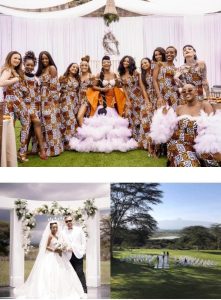
It is important to note that the evolving nature of marriage practices in Eastern Africa does not diminish the significance of traditional practices. Instead, it highlights the adaptability and resilience of Eastern African societies in navigating the complexities of a changing world while preserving their rich cultural heritage.
The Diversity of Marriage Customs Across Eastern Africa
Eastern Africa is a tapestry of distinct cultures with unique marriage traditions. From Ethiopia to Tanzania, from Kenya to Uganda, the region showcases an array of diverse customs that exemplify the richness of its cultural heritage.
Unique Marriage Traditions in Different Eastern African Countries
In Ethiopia, the ancient practice of kidnapping brides, known as “telefa,” continues to be carried out in some rural areas. Although controversial, this practice is seen as a way to ensure that couples receive their families’ blessings and establish solid marital ties.
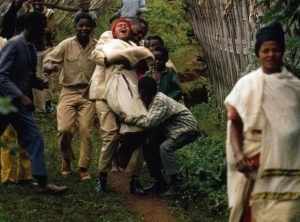
In Kenya, the Maasai community carries out elaborate marriage ceremonies where age-old traditions, such as dowries consisting of cattle and goats, play a central role. These customs strengthen familial bonds and solidify the unity among clans.
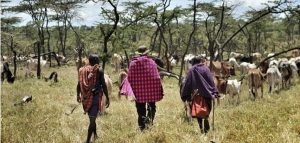
The Influence of Religion on Eastern African Marriages
Religion holds great influence over marriage practices in Eastern Africa. Islam, Christianity, and traditional African religions contribute to the diverse cultural tapestry. Islam, for instance, promotes polygamous marriages, allowing men to have multiple wives. Christianity, on the other hand, emphasizes monogamy as the preferred form of marriage.
Traditional African religions have unique practices rooted in ancestral worship and invoking blessings from spiritual beings. These religious influences shape the rites and rituals associated with marriage, creating a fusion of faith and tradition.
The Impact of Marriages on Cultural Diversity
Marriages hold immense significance in Eastern Africa as a catalyst for cultural exchange. The union of individuals from different ethnic and cultural backgrounds fosters the blending of traditions, beliefs, and values.
How Marriages Foster Cultural Exchange
Intermarriages among ethnic groups promote cultural understanding and tolerance. They provide opportunities for people to learn about each other’s languages, customs, and ways of life. These unions contribute to the creation of hybrid cultures and the preservation of shared heritage.
Moreover, when individuals from different backgrounds come together in marriage, it challenges stereotypes and promotes acceptance, breaking down barriers that may exist between communities.
Marriage Customs as a Reflection of Cultural Diversity
The diverse marriage customs across Eastern Africa reflect the region’s rich cultural diversity. Each community’s unique practices, such as bridal dances, traditional attire, and elaborate wedding ceremonies, symbolize distinct cultural identities.
Through these customs, individuals proudly celebrate their heritage and pass down their traditions, ensuring the preservation of cultural diversity for future generations.
Challenges and Evolution of Marriage Practices
Eastern African societies are not immune to the winds of change. The forces of globalization have resulted in a myriad of challenges and transformations in traditional marriage practices across the region.
The Effect of Globalization on Eastern African Marriages
As Eastern African nations become increasingly interconnected with the rest of the world, external cultures and values can impact marriage traditions—Western ideals spread through media and technology, present alternative models of relationships, and challenge established norms.
Globalization also opens up opportunities for cross-cultural marriages as people migrate for work, education, or personal reasons. This intermingling of cultures gradually erodes some traditional practices while creating new forms of unions that blend multiple cultural influences.
Balancing Tradition and Modernity in Contemporary Marriages
As Eastern African communities navigate the complexities of globalization, they face the challenge of preserving their cultural heritage while embracing modernity. The evolution of marriage practices requires striking a delicate balance between respecting ancestral wisdom and adapting to individuals’ changing needs and expectations.
This requires open dialogue, cultural exchanges, and innovative approaches to preserve the essence of tradition while embracing modernization’s benefits.
The Future of Marriages in Eastern Africa
The institution of marriage will continue to play a pivotal role in shaping the future of Eastern African cultures. Marriage traditions will undoubtedly evolve further, but Eastern Africans will still do their best to preserve their cultural identity.
Preserving Cultural Identity Through Marriage Traditions
Eastern African communities recognize the essential role that marriage customs play in upholding cultural identity. Efforts are being made to document and promote these traditions, ensuring they remain vibrant and relevant in changing times.
By actively engaging the younger generation and providing platforms for intergenerational knowledge transfer, Eastern African societies aim to preserve their cultural heritage and celebrate the diversity of marriages.
The Role of Marriages in Shaping Future Eastern African Cultures
Marriages will continue to shape the future of Eastern African cultures by fostering unity, intercultural dialogue, and cooperation. As societies grow and evolve, the institution of marriage will adapt, incorporating new values and embracing social changes while always remaining a cherished and significant aspect of Eastern African life.
Conclusion
Through understanding the concept of marriage in Eastern Africa and acknowledging the diverse marriage practices across the region, we gain a deeper appreciation for the profound role that marriages play in contributing to the cultural diversity of Eastern Africa. The way Eastern African cultures honor their ancestral customs and simultaneously embrace the influences of modernization and globalization ensures that their unique traditions will endure and their cultural tapestry will continue to be woven with vibrant threads of diversity.

